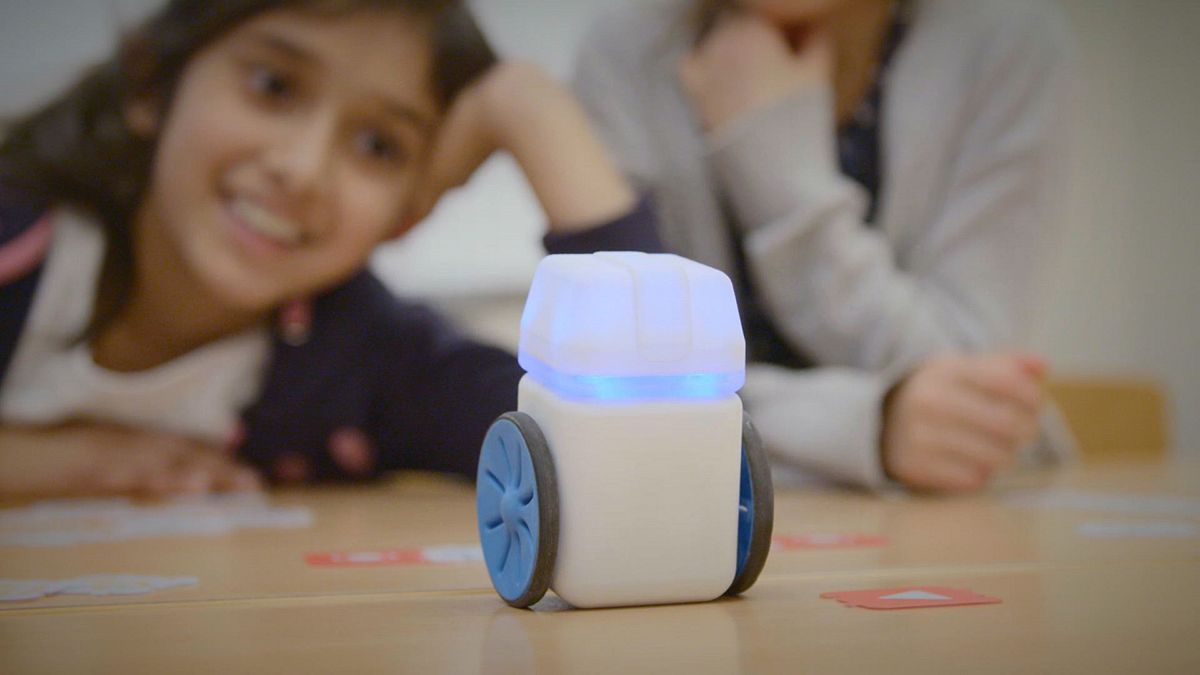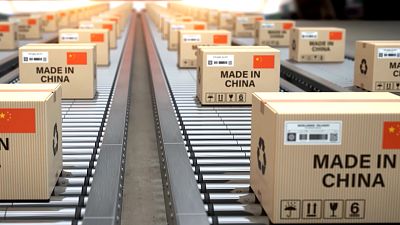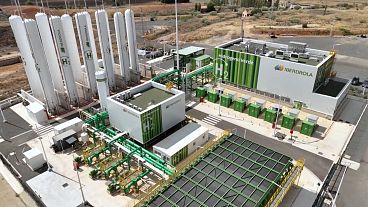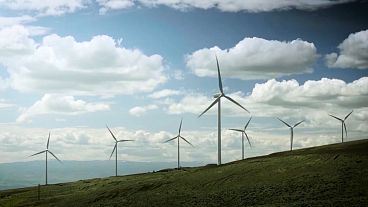This episode of Business Planet comes from the Danish city of Odense, which is famous for its robots.
This episode of Business Planet comes from the Danish city of Odense, which is famous for its robots.
Robotics in Europe
- Robotics is a fast developing market with a wide-ranging impact on Europe’s capacity to maintain and expand a competitive manufacturing sector.
- It also offers new solutions to societal challenges from ageing to health, smart transport, security, energy and environment.
- The Odense Robotics Start-up Hub in Denmark is an example of an enabling environment for robotics. It provides technical, strategic and financial support to help talented hardware start-ups to get their product ready for the market and create new jobs.
Useful links
- Odense Robotics
- Danish Technological Institute
- Digital Single Market – robotics
- H2020 programme in robotics
The robotics cluster in Odense has a 25 year history, with the cluster organisation Odense Robotics founded 2 and a half years ago. Today Odense Robotics is a high-tech ecosystem consisting of robot and automation companies, suppliers, education and research facilities, as Business Manager Mikkel Christoffersen explained.
“Yes. Odense Robotics is a research cluster of established companies, startups and investors,” he said. “Today there are more than 100 companies with over 2,600 employees working within robotics and automation.”
Euronews correspondent Serge Rombi was invited to take a closer look at the ecosystem of startups which has been developed by Mikkel.
KUBO RobotThis small, educational robot was designed and manufactured in Denmark.
It helps pre-school and primary school children explore and understand coding, mathematics, language, and music.
“They need a basic understanding of coding and robotics,” explained KUBO co-founder Tommy Otzen. “Because they will have to work with robots when they get a job in the future.”
“Over the next three months we will test the full production in schools all over Denmark, and on the other side over summer holidays, we will start scaling up for sales all over Europe,” added Otzen,
Kubo was developed by two young entrepreneurs, still engineering students a few months ago. They quickly realized the efficiency of this cluster.
“Teach your 3-year-old to code, even if you have no programming experience” – Read it here: https://t.co/bdQxWOF11e#STEM#Edtech#teachpic.twitter.com/hc62gPXRnu
— KUBO (@KUBO_Robot) March 31, 2017
Thanks to support from the cluster, the company quickly raised funds and established a solid business model.
“One of the only things about the robotic ecosystem, here in Odense, is that a young, inexperienced company like ours can set up a supplier chain with support from existing companies, so instead of spending one year in supply, we did it in three months.”
Today, the big trend is the collaborative robot
Mikkel explained that the collaborative robot is a robot that can work together with humans, that is highly flexible, and that is really strong in automating small and medium sized companies.
The number of these collaborative robots could increase from 10,000 today to 700,000 by 2025. European funding is available to support innovation and research in the field of robotics.
Euronews asked Mikkel Christoffersen what advice he would give European entrepreneurs who dream of integrating with the robotics sector.
“You know, it’s complicated to do a robotic company,” he said. “So, what you need to do is to make an ecosystem like us, where you gonna get help to develop your prototype, your business plan, and where you can meet investors. And we are happy to welcome all European startups in our cluster.”
Claus Risager is an active member of a cluster organisation in the Danish city of Odense which is famous for its robots! He is also co-CEO of Blue Ocean Robotics.




